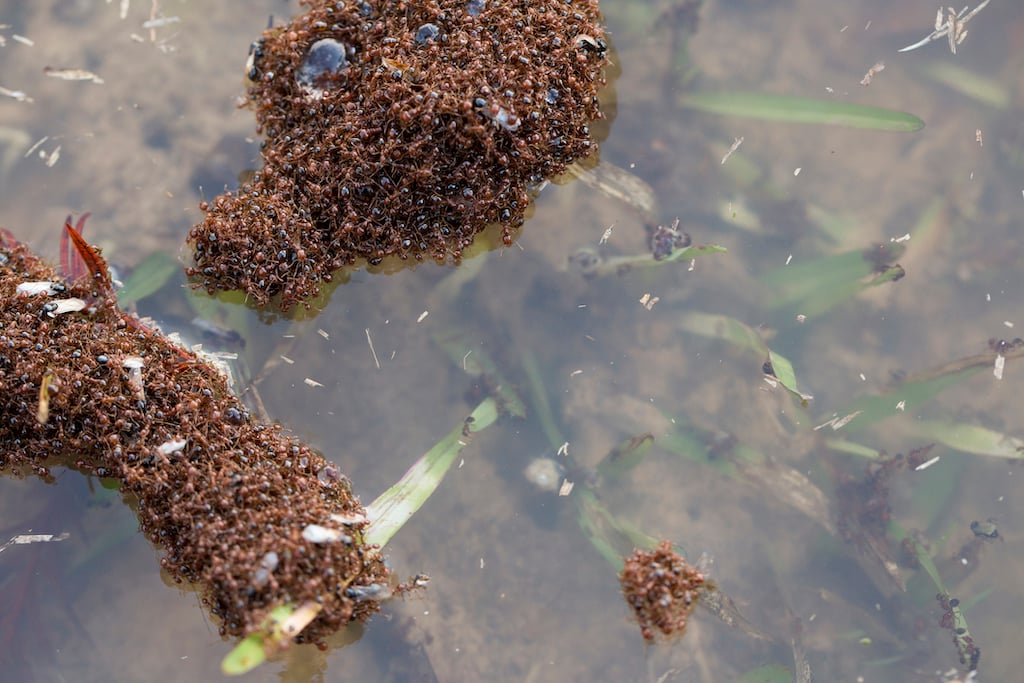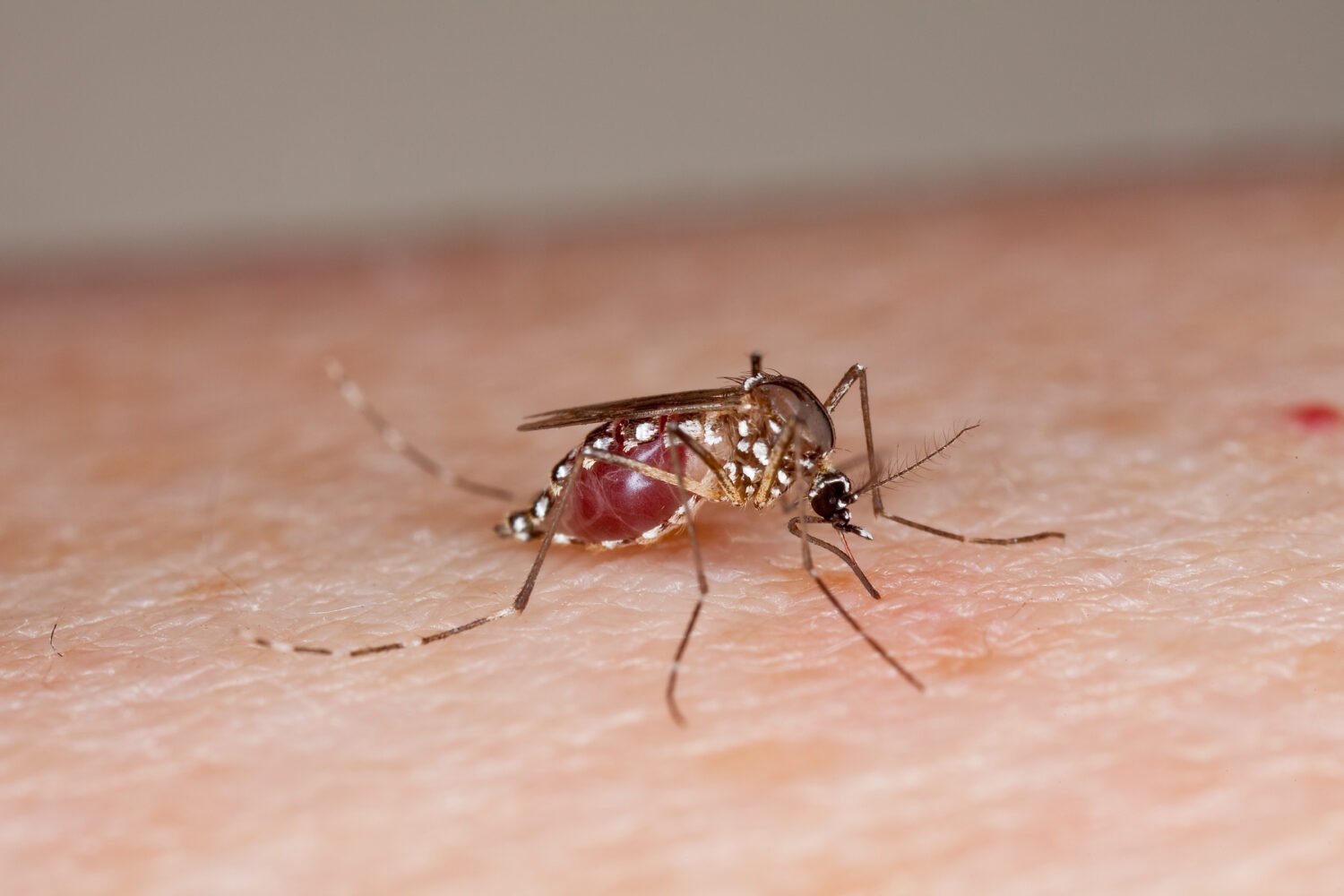You didn’t imagine it: Mosquitoes really have been hanging around longer than usual. With the amount of rain in the area and the warmer weather lasting later into the year, Washington has seen perfect conditions for mosquitoes to continue breeding.
Daniel Fong, an associate professor of biology at American University, puts the problem simply: “The winter is getting shorter. The summer is lasting longer.”
This matters because mosquitoes “take a lot of their cues from the environment,” says Arielle Arsenault-Benoit, a Ph.D. student in the Department of Entomology at the University of Maryland, who has been collecting and conducting research on mosquitoes for three years. “The temperatures are not very cold for the [mosquito] adults to realize it’s getting to be winter,” Arsenault-Benoit says, so “they can continue completing their lifecycle and having generations throughout the summer.”
Even though the Washington Post declared mosquito season to be over this week, the team at pest control company DC Mosquito Defense isn’t as confident. “A couple years ago, we could easily plan for this time to be completely done, but we’re not planning for that until easily the end of the month,” says manager Richard Moseley.
But there’s another factor that could be leading to the perception of a “worse” bite season: the Asian tiger mosquito. It’s recognizable from the white spots all over its body—and because it bites during the daytime. “On these nice fall days when we’re out in the afternoons and the evenings, we’re noticing those Asian tiger mosquitoes out because they’re out when we’re out,” Arsenault-Benoit says. “A lot of our other species bite at dusk and in the night.”
As the temperatures have started falling this week, wearing long sleeves and long pants are easy forms of protection against all mosquito bites. You can also use spray repellents, or take a tip from Arsenault-Benoit and use a portable fan to blow them away from you.
It’s also important to dump any standing water in your yard because that’s a prime spot for mosquitoes to lay eggs, Moseley says. On his house calls, Moseley has also seen a lot of mosquito zappers: those devices that attract mosquitoes to kill them. He warns that, in a city environment, those zappers could be doing more harm than help. They need to be kept at least 50 feet away, which is difficult to do in a townhouse yard or on the rooftop of an apartment building.
“Mosquitos have a very keen sense of smell. They can smell from 50 to 100 feet away, but you don’t want to invite them,” Moseley says. “The ones that it doesn’t catch, they’re going to be looking for a blood meal at that point. You don’t want to bring them closer.”



















